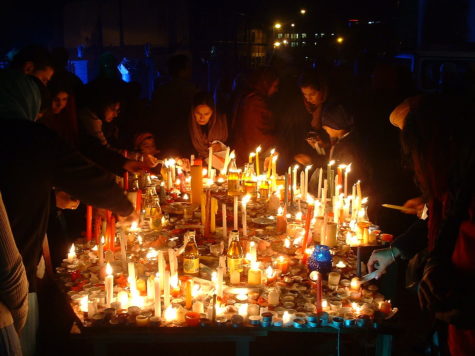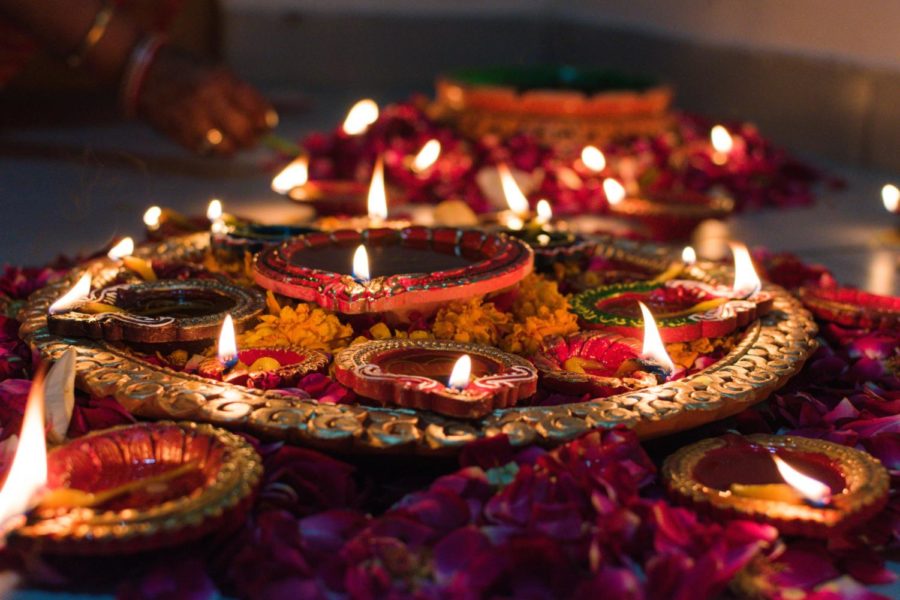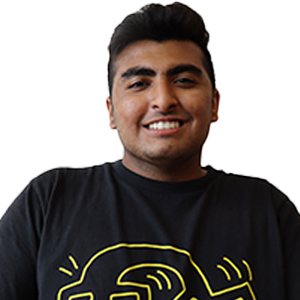Diwali, otherwise referred to as the Festival of Lights, is one of the most widely celebrated holidays with over 1 billion participants around the world. While the holiday originates from Hinduism, the holiday has now become a national festival in several countries including Sri Lanka, Pakistan, Indonesia, Fiji, Thailand, Mauritius, Singapore, Australia and Canada. Here are 10 facts about Diwali and its rich history.
Why do people celebrate Diwali?
While it originated from India, specifically in the Hindu religion, Diwali carries different meanings in several other religions, including Jainism and Sikhism. In the past few years, however, Indians have now adopted it as their New Year.
Hinduism:
There is a difference in the cultural significance of the holiday between Northern Hindus and Southern Hindus! In southern India, Hindus celebrate it as the day that Lord Krishna (the god of love, tenderness and compassion) defeated the demon Narakasura. North Indians celebrate this holiday based on an ancient Sanskrit story that dates back to about 500 BCE. The story follows the return of Prince Rama (who is believed to be a reincarnation of the god Vishnu) and his wife, Sita, to their kingdom in the city of Ayodhya after Rama had defeated Ravana, by lighting rows of clay lamps to guide them home. The festival commemorates the lighting of lamps that was done to bring Lord Rama and his wife Sita.
Jainism:
In Jainism, the belief is Diwali is the day on which the last of the 24 Tirthankaras (Great Teachers), Lord Mahavira reached a state of ‘Nirvana’.
Sikhism:
Sikhs celebrate Diwali as the occasion on which their teacher, Guru Hargobind Ji, was released from the captivity of Mughal ruler Jahangir, along with Hindu kings who were also held captive.
Bengalis:
Natives in West Bengal often celebrate Kali Puja which celebrates the goddess, Kali, the goddess of destruction and destroyer of evil spirits.

How do people celebrate Diwali?
During Diwali, people wear traditional clothes (in Indian men wear kurta pajama and women wear saris) , illuminate the interior and exterior of their homes with diyas (traditional, decorative oil lamps), draw rangoli on the ground in front of their houses (patterns created on the floor using powdered limestone, red ochre, dry rice flour, colored sand and quartz powder), perform worship ceremonies (known as pujas in Hindi) for Lakshmi, the goddess of prosperity, wealth and luck, light fireworks and sparklers, and partake in family feasts where mithai (sweets) and gifts are shared.
It is not just one day of festivities…
In addition to the cultural festivities that are a part of Diwali, it is also five days of prayer and religious rituals dedicated to certain gods and goddesses.
- Day 1: On the first day, the ‘Spring cleaning’ takes place. People clean out clutter found in their houses and organize themselves for the upcoming year. This tradition symbolizes the start of a new year with a new clean slate and a fresh start.
- Day 2: Decorations begin to take place with lamps/diyas being placed all around the newly cleaned home. People often wake up early and apply aromatic oils on themselves before taking a bath. This is said to remove all sins and impurities.
- Day 3: The third and main day of the holiday. Families gather to pray before a family dinner (often including close friends as well) and light up the night with fireworks.
- Day 4: The start of the Hindu New Year. Friends and family gather to exchange gifts and best wishes for the New Year that is upon them.
- Day 5: On the final day of Diwali, brothers visit sisters to celebrate their special bond.
Diwali is not on the same day every year.
Diwali is celebrated on the 15th day of the Hindu month, Kartika, which results in the holiday switching months of the Gregorian calendar between Oct. and Nov.
A Guinness World Record…
In 2020, while social distancing guidelines, due to covid, largely impacted Indian festivities, the city last year lit 606,569 oil lamps setting a Guinness World Record most lamps lit. On Nov. 3, 2021, Indians shattered that record with more than 900,000 lamps burning for well over 45 minutes in the city of Ayodhya.
Diwali was not originally known as the festival of …
Originally Diwali was celebrated as a harvest festival in India, but today Diwali is celebrated as the Festival of Lights by people all over the world.



